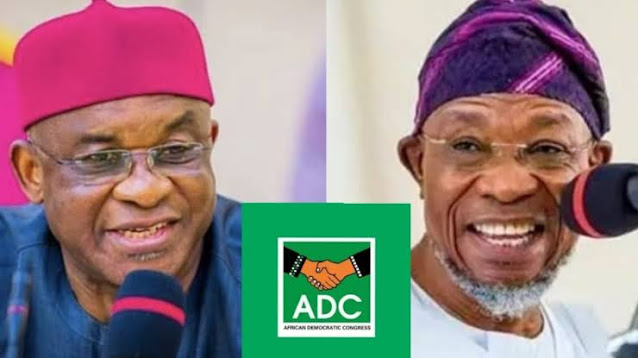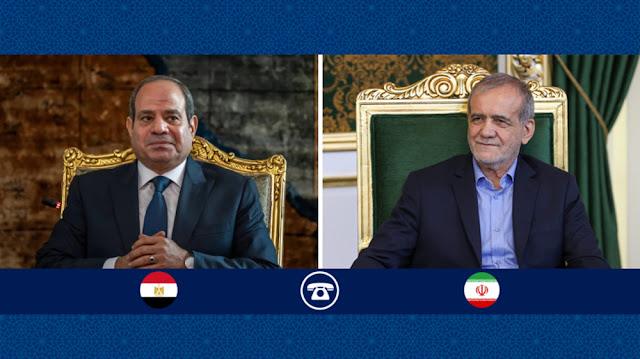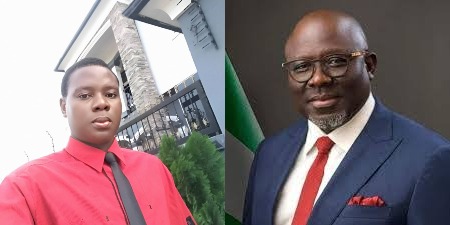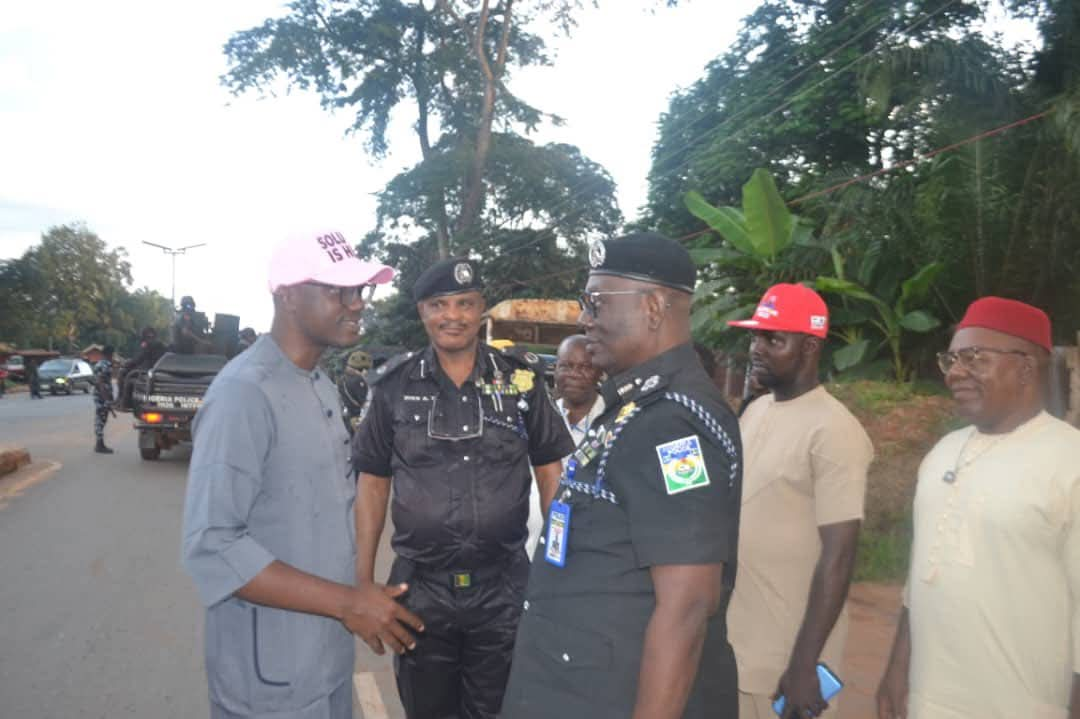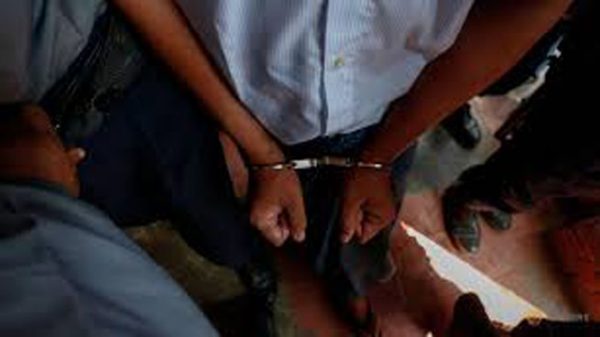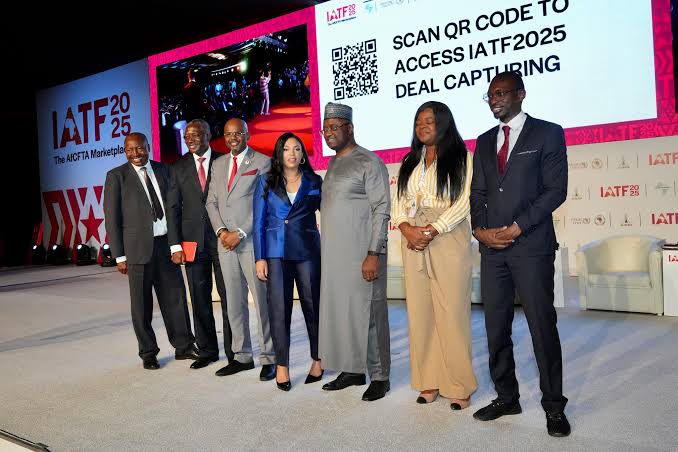In a dramatic escalation of internal conflicts within Nigeria’s African Democratic Congress (ADC), a faction led by Nafi’u Bala has vehemently rejected the Independent National Electoral Commission’s (INEC) recognition of former Senate President David Mark as interim national chairman and former Osun State Governor Rauf Aregbesola as interim national secretary. The controversy, which erupted in the lead-up to the 2027 general elections, has plunged the ADC into a state of disarray, raising concerns about the party’s viability as a platform for a formidable opposition coalition. This internal strife, marked by accusations of unconstitutional takeovers and legal threats, underscores the fragility of Nigeria’s opposition politics and highlights the challenges of uniting diverse political figures under a single banner.
The dispute stems from a high-profile move in July 2025, when a coalition of prominent opposition leaders, including former Vice President Atiku Abubakar, former Labour Party presidential candidate Peter Obi, and other political heavyweights, adopted the ADC as their platform for the 2027 elections. The coalition, seeking to challenge the ruling All Progressives Congress (APC), announced David Mark as interim national chairman and Rauf Aregbesola as interim national secretary, following the resignation of the ADC’s founding chairman, Ralph Nwosu. However, this move has been met with fierce resistance from a faction led by Nafi’u Bala, a former Gombe State governorship candidate and ex-national deputy chairman, who has declared himself the legitimate interim national chairman. The faction’s rejection of INEC’s recognition of the Mark-Aregbesola leadership has sparked a legal and political showdown, threatening to fracture the ADC and undermine the opposition’s chances in 2027.
The Genesis of the Crisis
The roots of the current crisis can be traced to early July 2025, when the ADC underwent a significant leadership transition. Ralph Nwosu, the party’s founder and long-serving national chairman, announced his resignation along with members of the National Working Committee (NWC). In a move that caught many party members off guard, Nwosu endorsed a new interim leadership led by David Mark, with Rauf Aregbesola as interim secretary. This decision was part of a broader strategy by a coalition of opposition figures to consolidate their forces under the ADC’s platform, aiming to present a united front against the APC in the 2027 elections.
The coalition, comprising notable figures such as Atiku Abubakar, Peter Obi, Nasir el-Rufai, Rotimi Amaechi, Aminu Tambuwal, Liyel Imoke, and Solomon Dalung, among others, saw the ADC as a viable vehicle for their political ambitions. The party, established in 2005, has historically positioned itself as an alternative to Nigeria’s dominant political parties, the APC and the Peoples Democratic Party (PDP). With a relatively clean slate and a less polarized identity, the ADC offered a fresh platform for opposition leaders disillusioned with their former parties or seeking a new political home.
However, the coalition’s adoption of the ADC and the appointment of Mark and Aregbesola triggered immediate backlash from a significant faction within the party. Nafi’u Bala, leading the dissenting group, accused the coalition of orchestrating an unconstitutional takeover of the ADC. In a press conference in Abuja on July 31, 2025, Bala declared himself the interim national chairman, arguing that the Mark-led leadership violated the party’s constitution, which stipulates that only registered and active members can hold leadership positions. Bala’s faction further contended that the coalition’s actions amounted to a “hijacking” of the ADC by external political elites who lacked formal membership in the party.
The faction’s grievances were echoed by other ADC stakeholders, including the party’s 2023 presidential candidate, Dumebi Kachikwu, who described the coalition’s move as a “show of shame.” Kachikwu argued that the ADC should not be reduced to a “private coalition platform” controlled by politicians with no prior affiliation with the party. The faction also pointed to a 2022 Federal High Court ruling by Justice Binta Nyako, which declared that Nwosu’s tenure as national chairman had expired, further casting doubt on the legality of his decision to convene meetings and appoint an interim leadership.
INEC’s Role and the Faction’s Rejection
The controversy took a new turn when INEC reportedly recognized the Mark-Aregbesola leadership, prompting outrage from Bala’s faction. According to the faction, INEC’s endorsement of the coalition’s appointees was premature and lacked legal backing, as it bypassed the ADC’s constitutional processes for leadership transitions. The group argued that the party’s rules require leadership positions to be filled through democratic processes, such as elections at the National Convention, and that neither Mark nor Aregbesola met the eligibility criteria as bona fide members.
In a statement issued on August 9, 2025, Aminu Alhassan, Bala’s special assistant on public affairs, emphasized that the ADC’s constitution is “unequivocal” in its requirement that only registered members can aspire to lead the party. He described the Mark-led committee as an affront to the democratic principles on which the ADC was founded, warning that it did not represent the party’s legitimate leadership. The faction urged INEC to reconsider its stance and called for the commission to uphold the party’s constitution and guidelines.
The faction’s rejection of INEC’s recognition has set the stage for a legal battle. On July 4, 2025, three ADC members—Adeyemi Emmanuel, Ayodeji Victor Tolu, and Haruna Ismaila—filed a suit at the Federal High Court in Abuja (FHC/ABJ/CS/1328/2025), seeking to nullify the appointment of Mark, Aregbesola, and other interim executives. The plaintiffs argued that Nwosu lacked the authority to convene meetings or appoint an interim leadership, as his tenure had expired. They also requested an order restraining INEC from recognizing the new executives, asserting that their appointment was “unconstitutional, unlawful, null, and void.”
Broader Implications for the 2027 Elections
The leadership crisis within the ADC has far-reaching implications for Nigeria’s political landscape, particularly as the country prepares for the 2027 general elections. The opposition coalition’s decision to adopt the ADC as its platform was seen as a strategic move to consolidate fragmented opposition forces and challenge the APC’s dominance. With high-profile figures like Atiku, Obi, and el-Rufai at the helm, the coalition aimed to leverage the ADC’s infrastructure to build a formidable electoral machine capable of unseating the ruling party.
However, the internal strife within the ADC threatens to undermine these ambitions. Political analysts warn that the ongoing dispute could splinter the party at a critical moment, weakening its ability to serve as a united opposition force. The factional divide risks alienating grassroots members and state-level structures, many of whom feel sidelined by the coalition’s top-down approach. The rejection of the Mark-Aregbesola leadership by Bala’s faction, coupled with legal challenges, could lead to a protracted power struggle that diverts resources and attention from campaign preparations.
Moreover, the crisis highlights the broader challenges of opposition politics in Nigeria. The country’s political landscape is characterized by fluid allegiances, factionalism, and a lack of ideological cohesion, making it difficult for opposition parties to present a united front. The ADC’s current turmoil mirrors similar crises in other parties, such as the PDP and the Labour Party, which have also grappled with internal divisions ahead of 2027. The inability to resolve these conflicts could fragment the opposition vote, giving the APC a significant advantage in the upcoming elections.
Historical Context: The ADC’s Evolution and Challenges
To fully understand the current crisis, it is essential to examine the ADC’s history and its role in Nigeria’s political ecosystem. Founded in 2005 by a group of progressive politicians, the ADC aimed to provide an alternative to the PDP and APC, focusing on issues such as good governance, economic empowerment, and social justice. Under Ralph Nwosu’s leadership, the party built a modest but dedicated following, particularly among young voters and professionals disillusioned with the status quo.
Despite its ambitions, the ADC has struggled to achieve significant electoral success. In the 2019 and 2023 general elections, the party failed to secure major victories, with its presidential candidates garnering minimal votes. The party’s limited financial resources, weak grassroots mobilization, and lack of nationwide visibility have hindered its ability to compete with the APC and PDP. Additionally, internal power struggles and legal battles, such as the 2022 court ruling on Nwosu’s tenure, have further weakened the party’s cohesion.
The adoption of the ADC by the opposition coalition was seen as an opportunity to revitalize the party and elevate its national profile. However, the coalition’s heavy-handed approach, including the appointment of non-members to key leadership positions, has alienated longstanding party members and sparked accusations of opportunism. The crisis reflects a broader tension between the ADC’s grassroots base and the elite political figures seeking to leverage the party for their ambitions.
The Role of INEC and the Legal Battle
INEC’s recognition of the Mark-Aregbesola leadership has become a focal point of the controversy, raising questions about the commission’s role in resolving intra-party disputes. While INEC is mandated to oversee party leadership transitions and ensure compliance with electoral laws, its decision to endorse the coalition’s appointees has been criticized as premature and biased. Bala’s faction argues that INEC’s actions undermine the democratic principles of the ADC and set a dangerous precedent for external interference in party affairs.
The legal challenge filed by Adeyemi Emmanuel and others at the Federal High Court is a critical test for the ADC’s future. A favorable ruling for Bala’s faction could nullify the Mark-Aregbesola leadership and restore control to the dissenting group. However, a prolonged legal battle could further weaken the party, draining resources and sowing confusion among members and supporters. The outcome of the case will also have implications for INEC’s credibility as an impartial arbiter in Nigeria’s electoral process.
Potential Pathways to Resolution
Resolving the ADC’s leadership crisis will require a delicate balance of dialogue, compromise, and adherence to democratic principles. Several potential pathways could help de-escalate the conflict and restore unity within the party:
Inclusive Dialogue and Mediation: The ADC could convene a national convention or stakeholders’ meeting to address the grievances of all factions. A neutral mediator, such as a respected elder statesman or civil society leader, could facilitate discussions to bridge the gap between the coalition and Bala’s faction.
Adherence to Party Constitution: Both sides must commit to respecting the ADC’s constitution, particularly regarding leadership eligibility and democratic processes. A transparent election at the National Convention could legitimize the party’s leadership and restore confidence among members.
Engagement with Grassroots Members: The coalition must prioritize engaging with the ADC’s grassroots structures, including state executives, ward leaders, and youth and women’s wings. Addressing their concerns and integrating them into decision-making processes will help rebuild trust.
Collaboration with INEC: The ADC and INEC should work together to clarify the legal and procedural requirements for leadership transitions. This could involve a review of the party’s constitution and past court rulings to ensure compliance.
Strategic Rebranding and Unity Campaign: To move forward, the ADC could launch a rebranding campaign to unite its members and project a cohesive image to the public. This would involve clear communication of the party’s vision and the role of the coalition in achieving it.
Broader Implications for Nigeria’s Democracy
The ADC crisis is a microcosm of the broader challenges facing Nigeria’s democracy. The country’s political system is characterized by elite-driven politics, weak party structures, and a lack of ideological clarity. The imposition of external leaders on the ADC reflects a recurring pattern in Nigerian politics, where powerful figures often override grassroots processes to advance their interests. This dynamic undermines democratic accountability and alienates voters, contributing to apathy and distrust in the political system.
The crisis also underscores the importance of strong institutions in sustaining democracy. INEC’s role in resolving intra-party disputes must be guided by transparency, fairness, and adherence to the rule of law. Similarly, political parties like the ADC must invest in building robust internal structures to prevent factionalism and ensure inclusivity.
Conclusion
The leadership crisis rocking the African Democratic Congress is a critical test for the party and Nigeria’s opposition as a whole. The rejection of INEC’s recognition of David Mark and Rauf Aregbesola by Nafi’u Bala’s faction has exposed deep-seated divisions within the ADC and raised questions about the viability of the opposition coalition’s strategy for 2027. As legal battles loom and tensions escalate, the party faces a pivotal moment that will determine its relevance in Nigeria’s political landscape.
Resolving the crisis will require a commitment to democratic principles, inclusive dialogue, and strategic leadership. By addressing the concerns of its grassroots members and adhering to its constitution, the ADC can emerge stronger and more united, ready to play a significant role in the 2027 elections. However, failure to resolve the conflict could fracture the party and weaken the opposition’s chances against the APC, with far-reaching consequences for Nigeria’s democracy.
As the nation watches this unfolding drama, the ADC crisis serves as a reminder of the challenges of building a cohesive opposition in a complex and dynamic political environment. The stakes are high, not only for the ADC but for Nigeria’s democratic future, as the country grapples with the task of forging a path toward stability, inclusivity, and progress.


